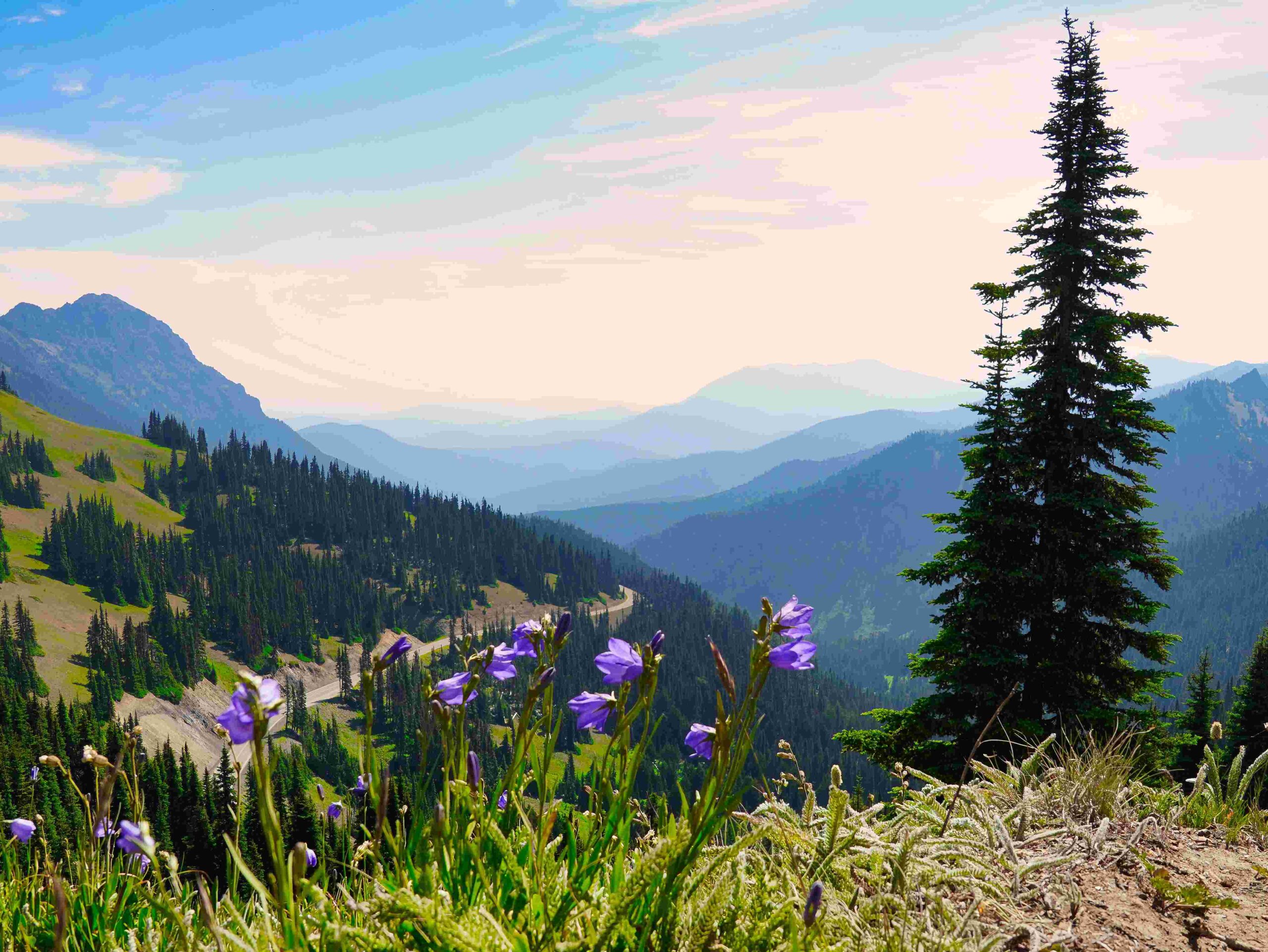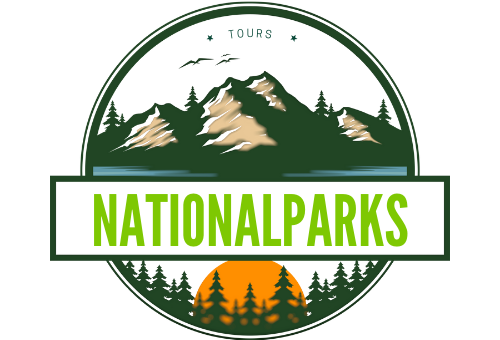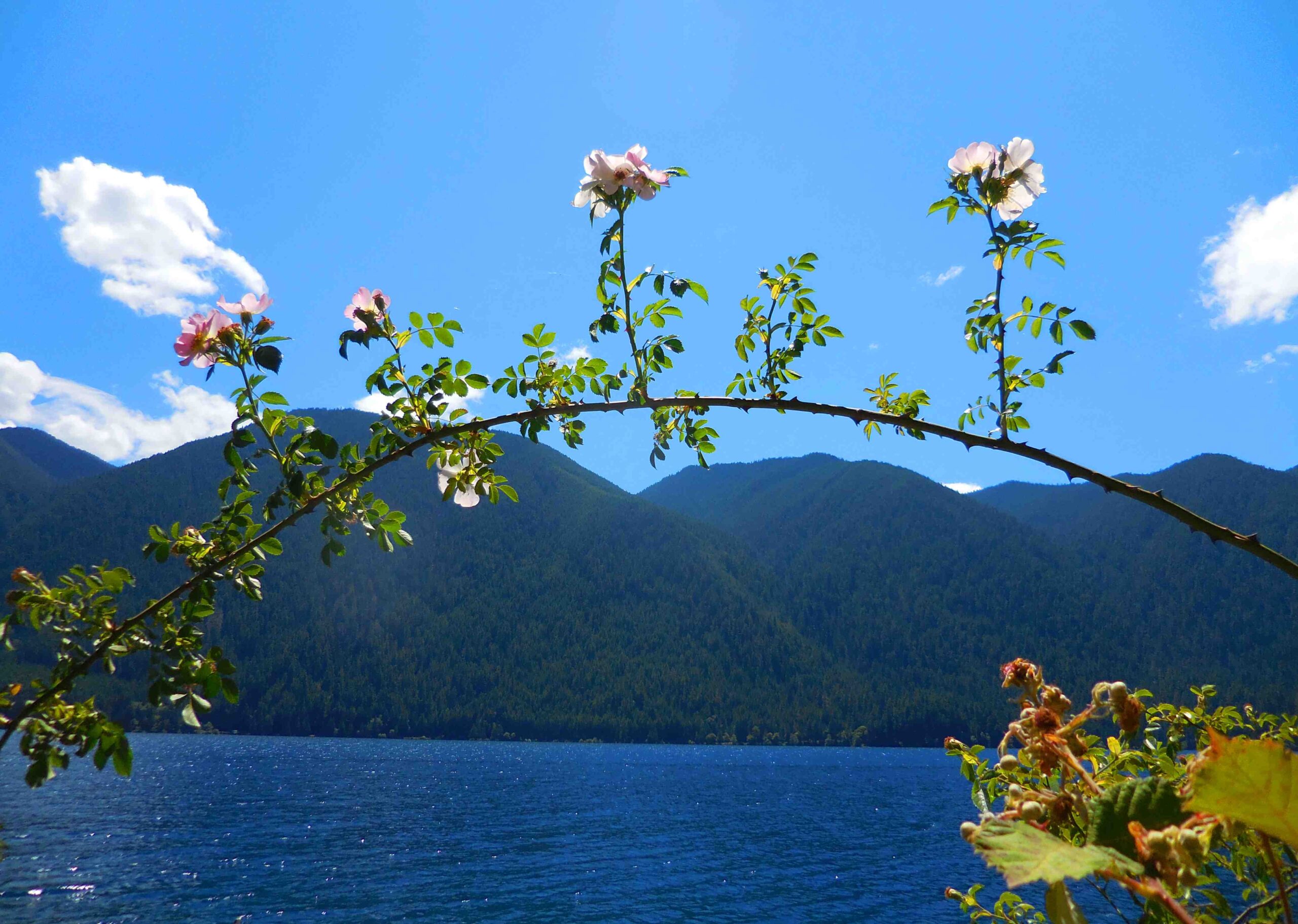The Olympic National Park coast trail offers a unique hiking experience along rugged headlands and pristine beaches. Understanding tides is crucial for safe navigation, as many headlands become impassable during high tide. This guide provides detailed information on tide schedules, hiking routes, tidal pools, and wildlife viewing opportunities along the Olympic coast, helping visitors plan a safe and memorable adventure.
What Are the Key Tide Considerations for Olympic National Park Coast Trail?

Understanding tide patterns is essential for safely navigating the Olympic National Park coast trail and its headlands. Here are the crucial aspects to consider:
Tide Schedules
- Tides in the Olympic National Park area vary significantly throughout the day and year.
- Example tide times for Port Angeles area (November 25, 2024):
- High Tide: 3:27 AM (4.9 ft), 7:30 PM (7.3 ft)
- Low Tide: 6:27 AM (4.5 ft), 5:14 PM (9.1 ft)
- Olympia area tides (November 19, 2024):
- High Tides: 9:05 AM (16.16 ft), 6:38 PM (13.19 ft)
- Low Tides: 1:31 AM (-2.88 ft), 2:29 PM (8.48 ft)
Seasonal Variations
- Tidal ranges can be more extreme during full and new moons.
- Some headlands may become completely impassable during high tides.
Safety Recommendations
- Plan to round headlands within 1-2 hours before low tide.
- Always check current tide charts and use topographic maps for route planning.
How Do Tides Affect Hiking Routes Along Coastal Headlands?

The tides significantly impact hiking routes along the Olympic National Park coast trail. Here are some popular routes and their tidal considerations:
Ozette Loop Trail
- Length: 9.4 miles
- Difficulty: Moderate
- Key Features: Sand Point, Cape Alava, Wedding Rocks petroglyphs
- Tidal Considerations: Plan to round headlands near low tide
Rialto Beach to Hole in the Wall
- Length: 2 miles one way
- Difficulty: Easy to moderate
- Key Feature: Hole in the Wall rock formation
- Tidal Considerations: Accessible only during low tide
Shi Shi Beach to Point of Arches
- Length: 8 miles round trip
- Difficulty: Moderate
- Key Feature: Point of Arches
- Tidal Considerations: Plan carefully to avoid being trapped by rising tides
Where Are the Best Tidal Pools Along the Olympic Coast?
Tidal pools offer a fascinating glimpse into marine ecosystems. Here are the best locations and what to expect:
Top Locations
- Rialto Beach
- Shi Shi Beach
- Kalaloch Beach
Marine Life to Observe
- Common species: anemones, starfish, mussels, barnacles
- Rare sightings: octopuses, crabs, colorful fish
Best Viewing Times
- During low tide
- Early morning or late afternoon for optimal visibility
Responsible Exploration Guidelines
- Avoid touching or disturbing marine life
- Never remove organisms from their habitat
- Watch your step to protect the delicate ecosystem
What Wildlife Can Be Seen Along the Olympic National Park Coast Trail?
The Olympic coast offers diverse wildlife viewing opportunities. Here’s what you might encounter:
Marine Mammals
- Harbor seals
- Steller sea lions
- Gray whales (seasonal)
Birds
- Bald eagles
- Osprey
- Puffins
- Various seabirds
Other Wildlife
- Black bears
- Roosevelt elk
- River otters
Best Viewing Locations
- Rialto Beach: Seals and seabirds
- Kalaloch Beach: Whale watching during migration seasons
- Ozette Loop Trail: Black bears and Roosevelt elk in coastal forests
Seasonal Migration Patterns
- Gray Whales: December to January (southbound), March to May (northbound)
- Seabirds: Peak migrations in spring and fall
Wildlife Viewing Guidelines
- Maintain a safe distance from all wildlife
- Follow park rules and guidelines
- Keep pets leashed to protect both wildlife and visitors
By understanding the tides, planning your hikes accordingly, and respecting the natural environment, you can safely explore the stunning Olympic National Park coast trail and its headlands, experiencing the diverse marine life and breathtaking scenery this unique ecosystem offers.
References:
1. US Harbors – Port Angeles, WA
2. Tide-Forecast.com – Olympia
3. National Park Service – Olympic National Park

